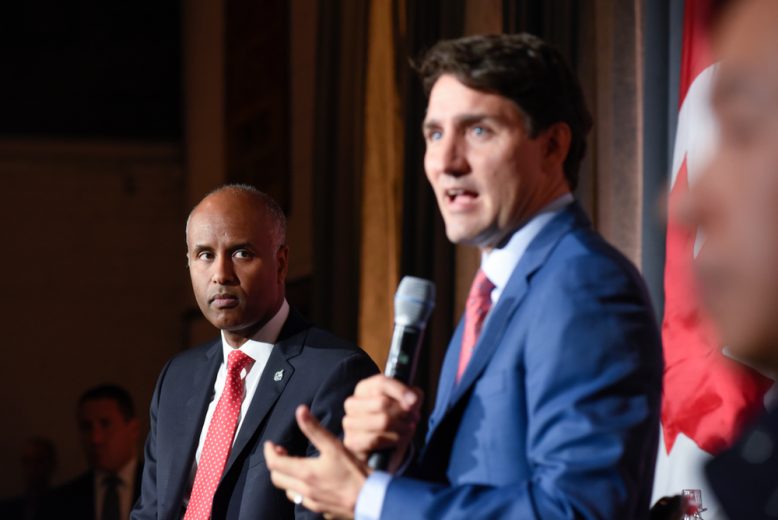
When parliament next meets it will look very similar to what it looked like prior to the election, although there may be big changes coming to the real estate sector based on the Liberal Party’s campaign platform. This blog post provides a look at the Liberal party’s policy platforms that, if implemented, could impact BC’s real estate sector.
Overall, BCREA is pleased that all the major parties focused on housing affordability as a key priority within their platforms. In a minority government, there will need to be shared priorities among the parties for government to function. We recognize that as with any campaign platform, we do not expect all the proposals to be implemented.
Along with the Canadian Real Estate Association, we will work with the federal government to prioritize the policies most likely to have a meaningful impact on housing affordability, and we will provide critiques and alternatives to policies expected to be ineffective.
Housing supply
Overall, we were encouraged that all of the main parties focused on the importance of supply this election. The Liberal platform even noted that they intended to support municipalities to combat NIMBYism, which is one of the primary causes preventing development from moving forward.
Positive policies to increase supply within their platform include creating an application-based fund to offer support to municipalities that foster the growth of housing supply and introducing a Multigenerational Home Renovation tax credit for families to add a secondary unit to their home for an immediate or extended family member. We are encouraged by these proposals.
We question whether other supply-side proposals – such as supporting the conversion of office and retail space into market-based housing – will have a meaningful impact. This recommendation is potentially short-sighted in its approach. While it may work in isolated incidents, growing communities will have increased need for office and retail space.
Rental housing
Another area of focus for all political parties was rental housing. The Liberals focused on creating a rent-to-own program for individual families as well as for not-for-profit and co-op owners. These programs have the potential to have a positive impact on homeownership but could be a significant burden administratively.
Another plan to support renters was a commitment to stop “renovictions.” This isn’t anything new for British Columbians who have similar provincial legislation already enacted and, like with the provincial laws, we will advise the government that they should work to ensure the new laws don’t prevent landlords from carrying out renovations that are important for safety or improving energy efficiency.
First-time home buyers
We are supportive of measures suggested to assist First-time home buyers. The First-Time Home-Buyers Tax Credit will be doubled to $1,500 and Canadians under 40 can withdraw up to $40,000 of savings tax-free to put towards their first home purchase. These policies aren’t substantive enough to have a large impact given prices in many BC communities and the competition due to a low number of listings, but we are nonetheless encouraged that they are focused on the right areas.
Demand-side measures
While there has been a shift towards a supply-side focus, all parties still promised to enact measures addressing foreign demand. We will advise against these measures, which are unlikely to have a meaningful impact on housing affordability. They will create barriers for attracting newcomers and foreign investment, and they may result in reciprocal policies in other countries targeting Canadian “foreign” owners.
Measures to address a hot market
The Liberals are also proposing a Home Buyer’s Bill of Rights. We support the principle of increased transparency and consumer protection, but some of the details could be modified to achieve those objectives. For instance, the promise to ban blind bidding has no supporting evidence that it will curb a hot market or improve affordability and more details are needed on establishing an anti-flipping tax, as Canada already has a tax on capital gains for non-principal residences.
We encourage the government to collaborate with the real estate sector before creating and implanting policy changes. Along with CREA and REALTORS®, BCREA is willing and able to provide assistance and consultation to all levels of government to ensure the perspectives of Realtors are heard and policies are informed and evidence-based.
To subscribe to receive BCREA publications such as this one, or to update your email address or current subscriptions, click here.
-
 Building Hope: Canada’s Housing Plan in Budget 2024
Building Hope: Canada’s Housing Plan in Budget 2024 -
 Federal Foreign Buyers Ban is in Effect
Federal Foreign Buyers Ban is in Effect -
 Understanding Recent Changes to Age Restrictions in Strata Corporations
Understanding Recent Changes to Age Restrictions in Strata Corporations -
 Federal Government Amends the Foreign Buyers Ban Regulations
Federal Government Amends the Foreign Buyers Ban Regulations











